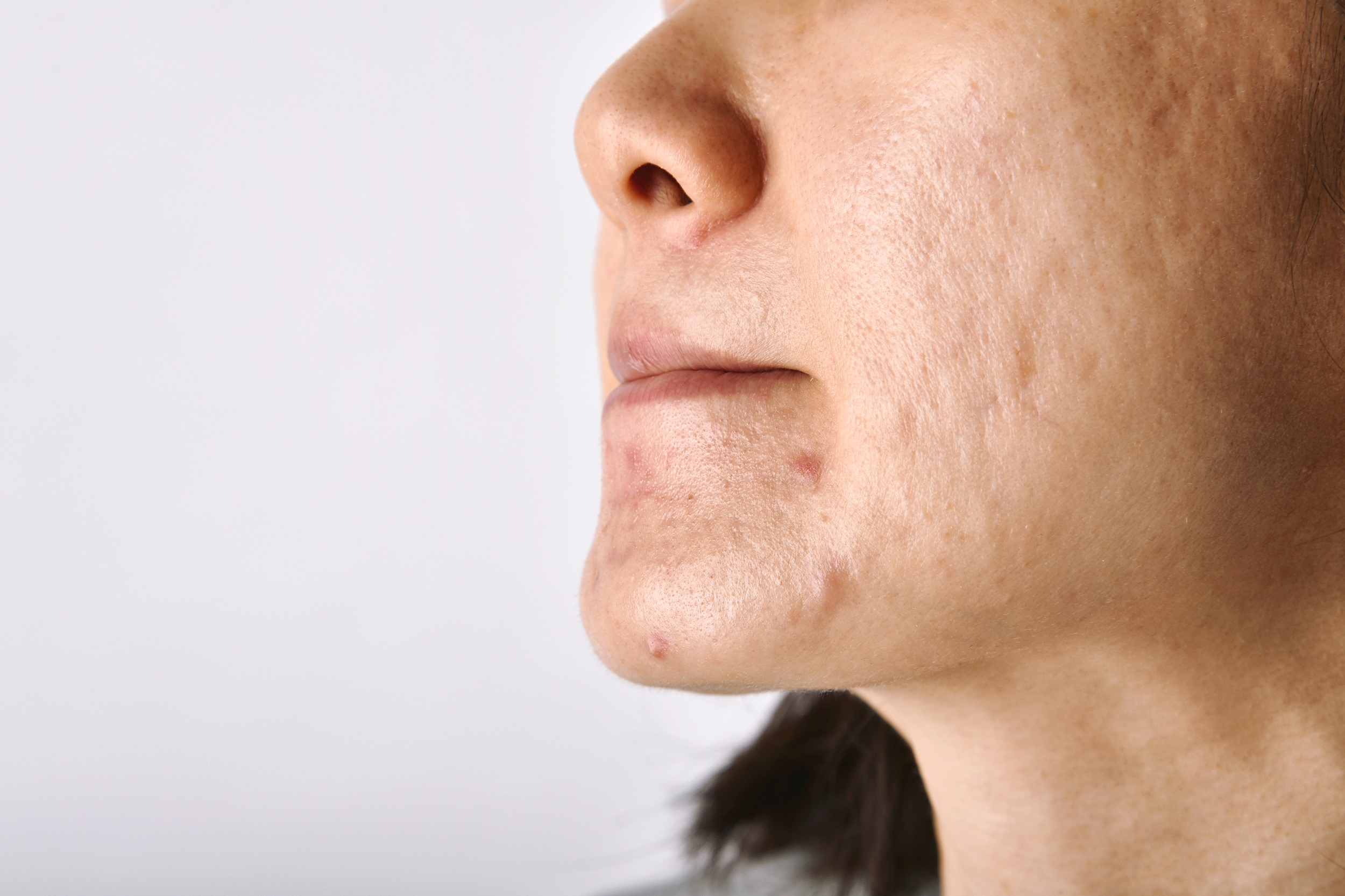
The Factors That Lead To Skin Breakouts That You Should Know
What are the factors that lead to skin breakouts? Breakouts are a very common skin issue that is often frustrating and embarrassing. Many factors can cause your skin to breakout, but you might be able to prevent most breakouts by taking care of your diet and lifestyle.
If you’re struggling with skin breakouts, you’re not alone. Skin breakouts are a common problem for many people as they can be painful and make it challenging to move around during healing.
Skin breakouts are usually caused by various factors such as hormones, diet, or stress. This article discusses what causes skin breakouts and how to avoid them in the future.

Removing Facial Hair
People who have facial hair and try to rid themselves of it for vanity reasons often find that the solution is worse than the problem.
The skin on the face can be especially sensitive, so when you shave or pluck your beard, there’s a chance it could cause irritation that leads to breakouts.
The best way to avoid this is by not shaving at all, but if that’s not an option, try using some other grooming products like soap substitutes and gentle exfoliators instead of shaving cream.
Keeping facial hair trimmed and well-groomed can help prevent these breakouts from happening. People prone to acne should avoid removing facial hair for a few weeks before and after a breakout because the pimples will clear up faster.
Skincare Products Allergic Reaction
Skincare products can cause allergic reactions that can lead to skin breakouts in many different ways. Some individuals may have an allergic reaction to the preservative found in some cleansers and other products.
Others may be allergic to fragrances, agents, or certain plant-based ingredients. Allergic reactions can often lead to acne outbreaks, eventually leading to permanent scarring.
An allergic reaction is when a person’s immune system overreacts to something they have been exposed to and causes their skin to break out in hives or itchy bumps.
These reactions can also affect people’s eyes, mouth, tongue, throat, or lungs. They are most common among people allergic to bee stings or ragweed.
Makeup
Wearing makeup can lead to various health issues like breakouts, irritation, and other skin problems that harmful chemicals could cause. Makeup contains many harsh chemicals that will bother the skin.
It’s easy to splurge on high-end makeup, but not everyone knows what the different ingredients in cosmetics can do.
People often apply artificial fragrances or paraben preservatives when they haven’t researched the dangers of these chemicals on the body. The ingredients in makeup can also cause acne breakouts because they may clog pores and make skin more susceptible to bacteria.
Environmental Changes
Skin breakouts are caused by your body’s response to environmental changes. Although our bodies are smart and adapt to these changes, they can sometimes cause redness and irritation on the skin that leads to breakouts.
Environmental changes such as extreme temperatures, stress, and air pollution can lead to skin breakouts. It is essential to change your environment to prevent breakouts.
You should stay hydrated with water and use a humidifier if you live in a dry environment. You should also wear sunscreen on your face and avoid touching your face when you have facial hair.
The weather is changing, and so are our skin’s needs. The changes in seasons come with higher chances of skin sensitivity and breakouts for many people. But there is nothing you can do about it. Instead, it is best to moisturize frequently and limit exposure to UV rays.
Sunscreen
Most people know that using too much sunscreen can lead to skin breakouts. The sunscreen blocks the pores and prevents the body from breathing, irritating the skin.
Dermatologists have found that over-using sunscreen can cause serious health concerns like skin cancer, eczema, and acne. One cause of this is the lack of antioxidants in many sunscreen products.
Another factor is that people tend to use more sunscreen than necessary. Sunscreen tends to make skin oilier, so it’s essential to consider how much you’re using and how often you should reapply it.
Processed Foods
One of the most significant factors that cause people to break out is processed food. Processed foods can contain food additives and preservatives.
They also have high levels of sugar or artificial sweeteners. These foods can cause your body to produce too much oil, which can clog your pores and lead to pimples.
The problem is that these foods are made with preservatives, artificial colors, and chemicals that make the food more appealing.
Artificial colors and chemicals can trigger allergies or skin conditions. A person’s skin type is one of the biggest factors in determining the severity of a breakout they will have after eating processed food.
Stress
Stress is something that many people face in their lives throughout their lifetime. It can be something small like a bad day at work or a significant life event like a death in the family or getting married.
Stress can cause people to have skin conditions such as acne and eczema. Many factors affect how stress manifests itself on the skin. For example, if someone has high levels of cortisol, then they should expect to see breakouts due to high-stress levels.
Although stress may make your skin break out, there are some things that you can do to help prevent this. It’s important to get enough sleep and focus on quality skincare.
You should also try to avoid eating a lot of sugar, leading to breakouts when the blood sugar levels rise. Try deep breathing exercises and meditation if you want to stop stress from causing acne.
Final Thoughts On The Factors That Lead To Skin Breakouts
It isn’t hard to understand why skin breakouts are a common occurrence. Microorganisms may enter the body through the pores and cause issues.
The condition is further complicated by an imbalance of bacteria that can sometimes lead to more severe conditions like chronic eczema, psoriasis, acne, or rosacea. The appropriate treatment is dependent on a person’s unique situation and the healthcare provider’s recommendation.

